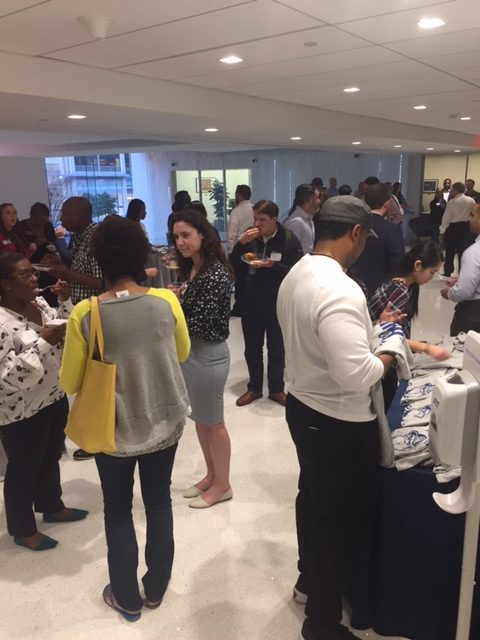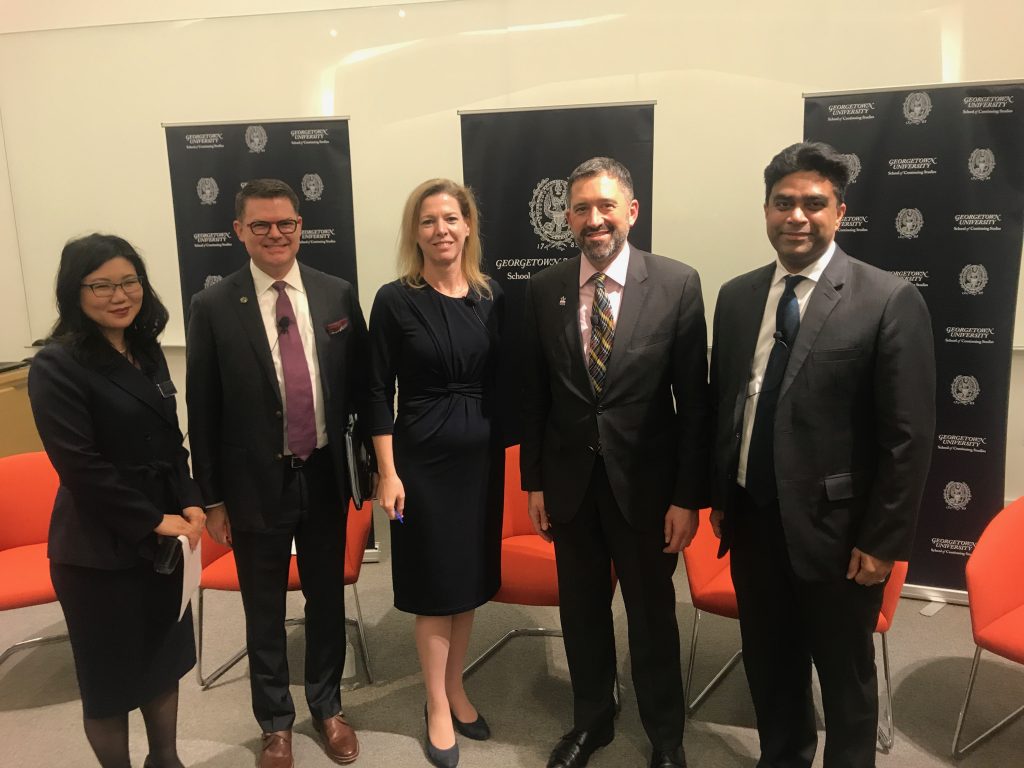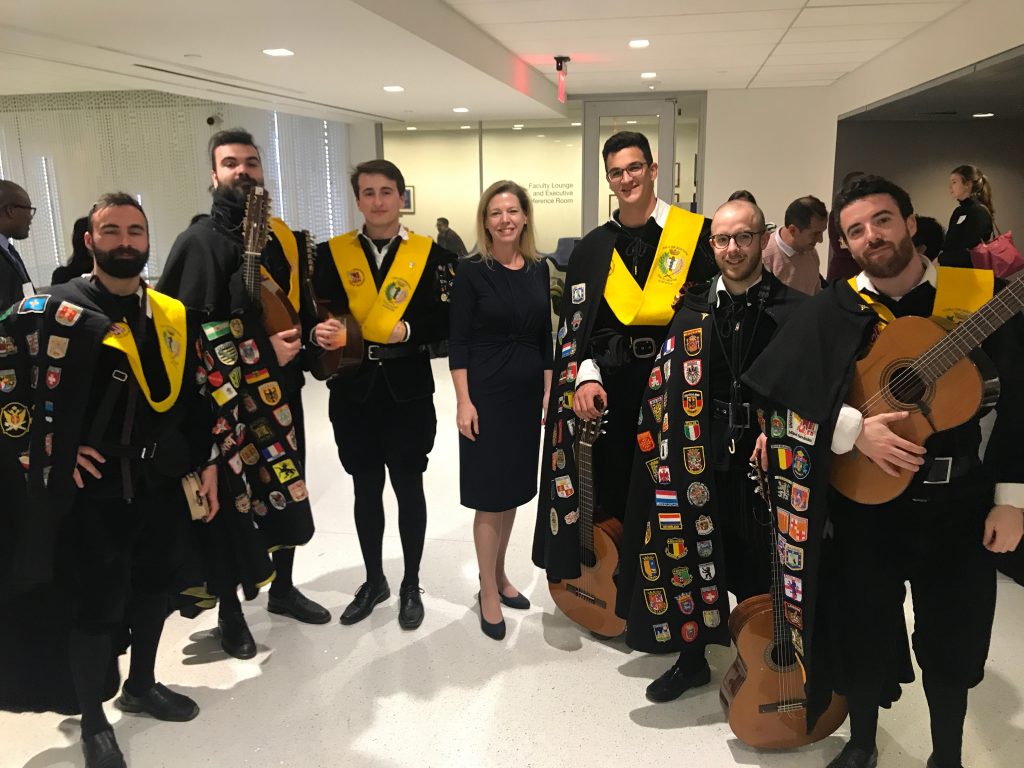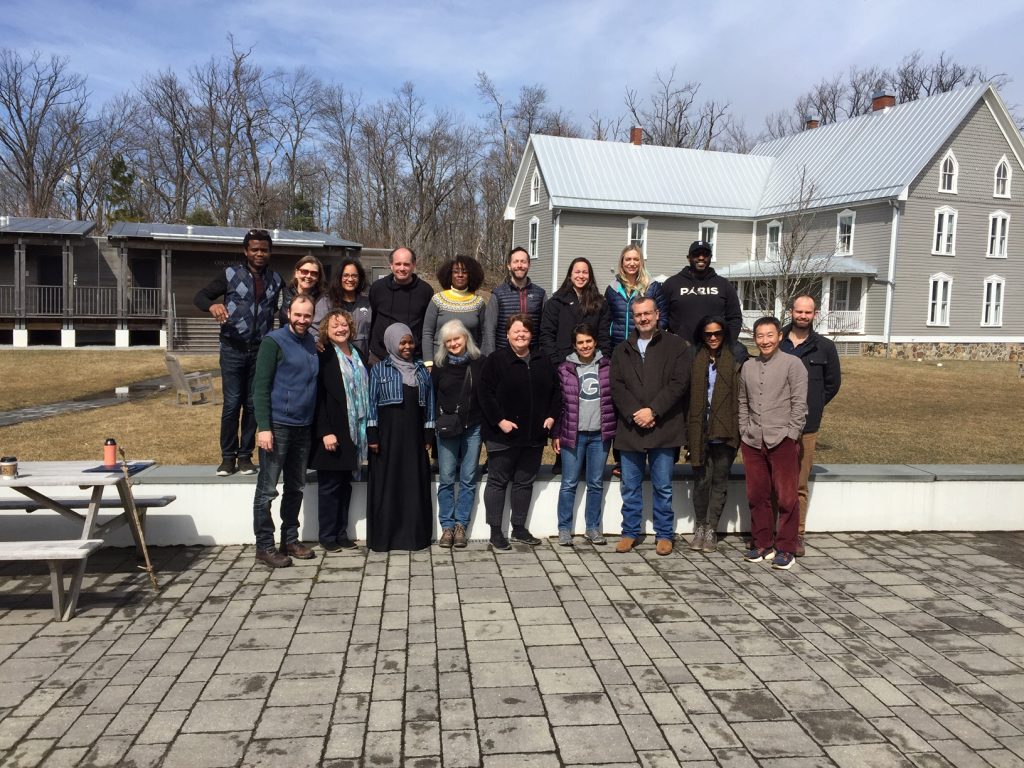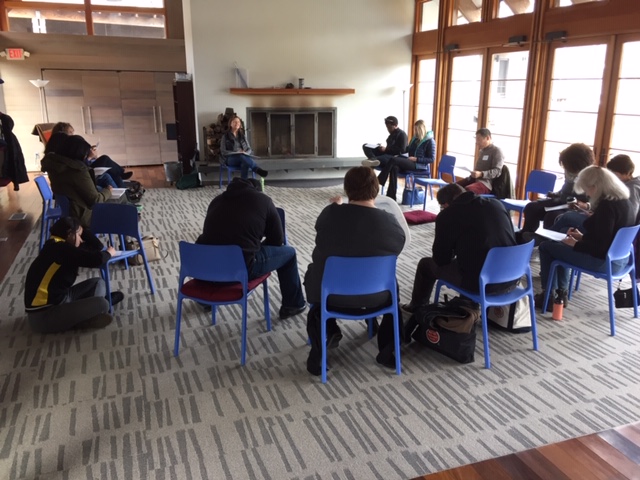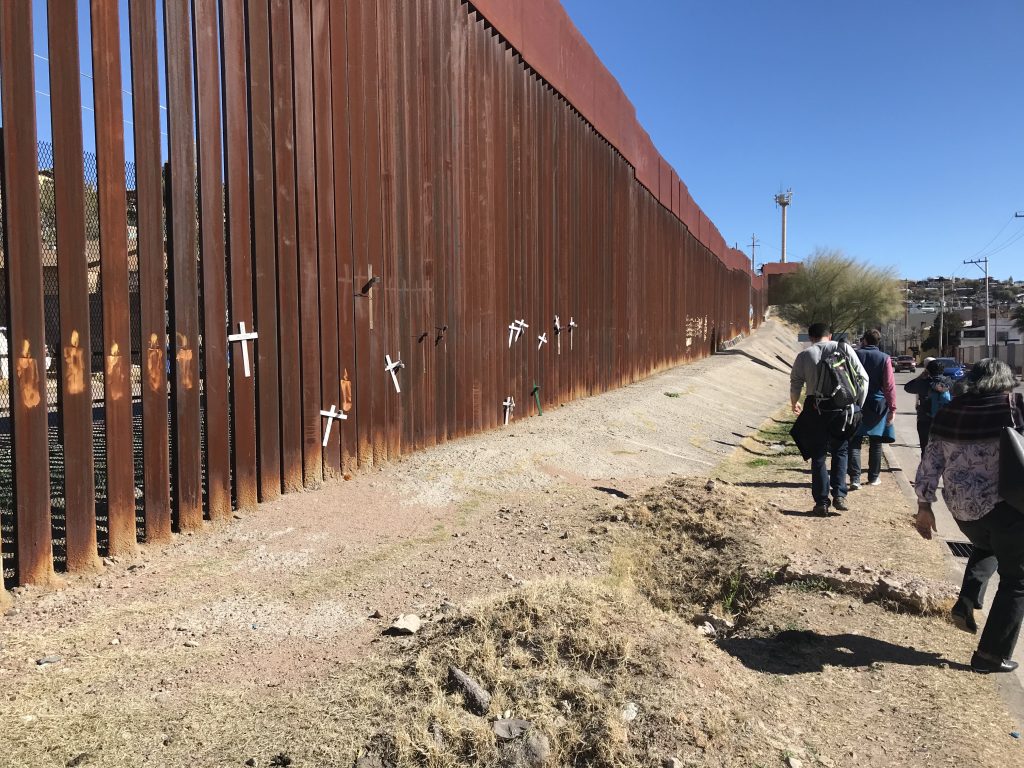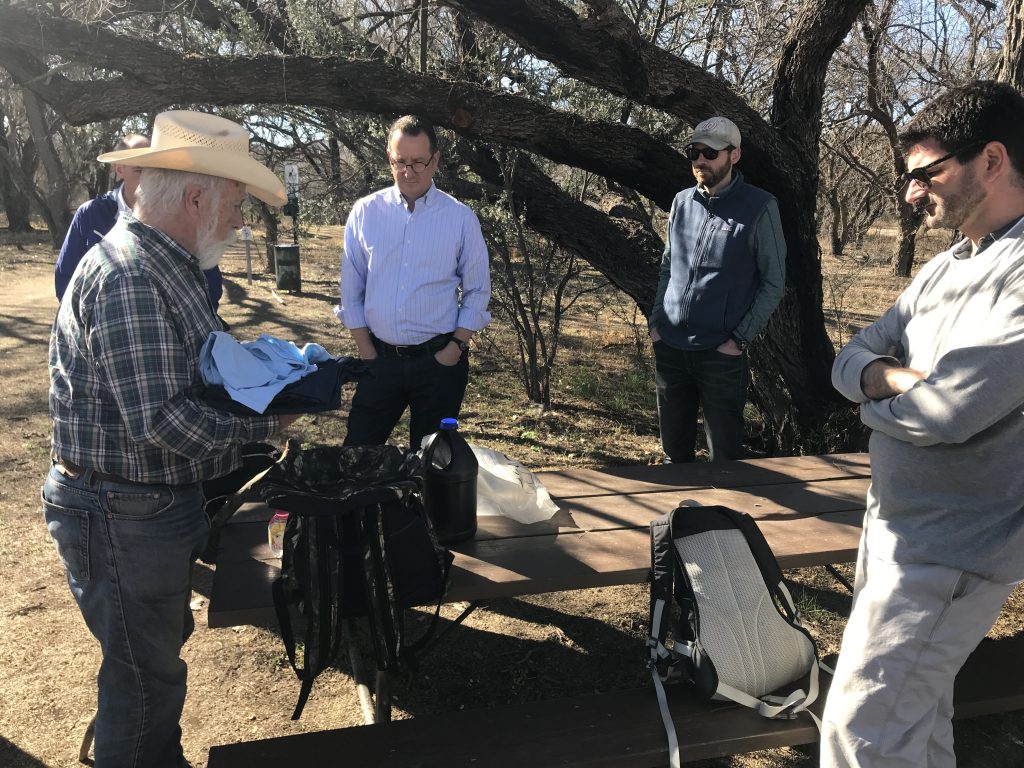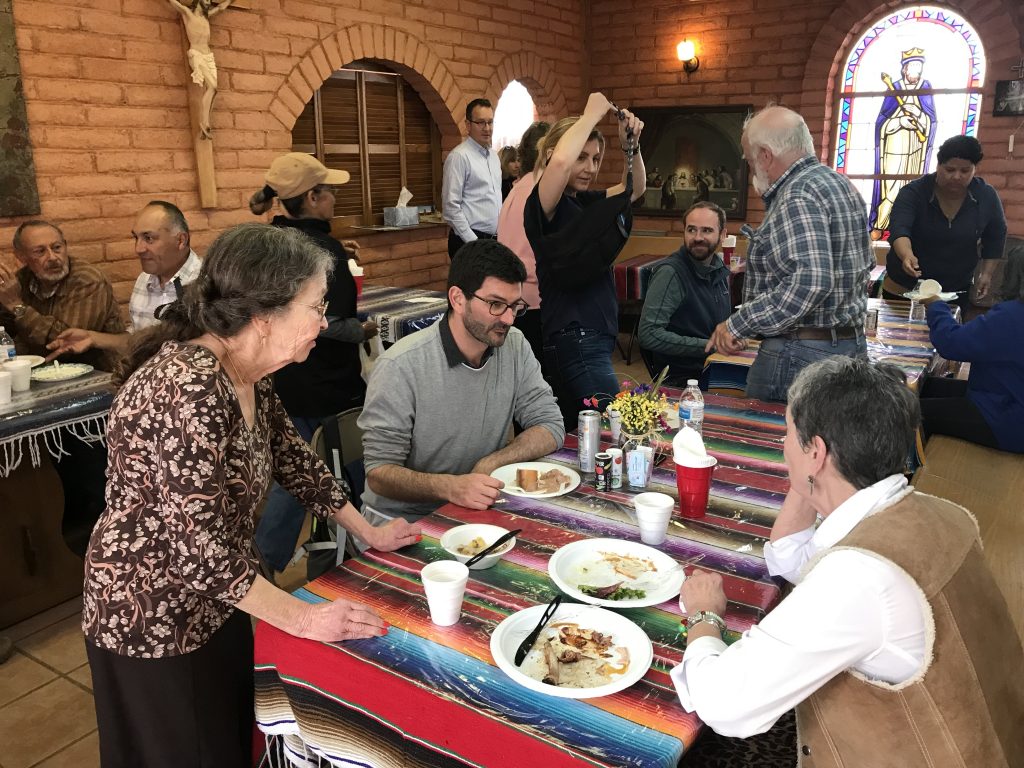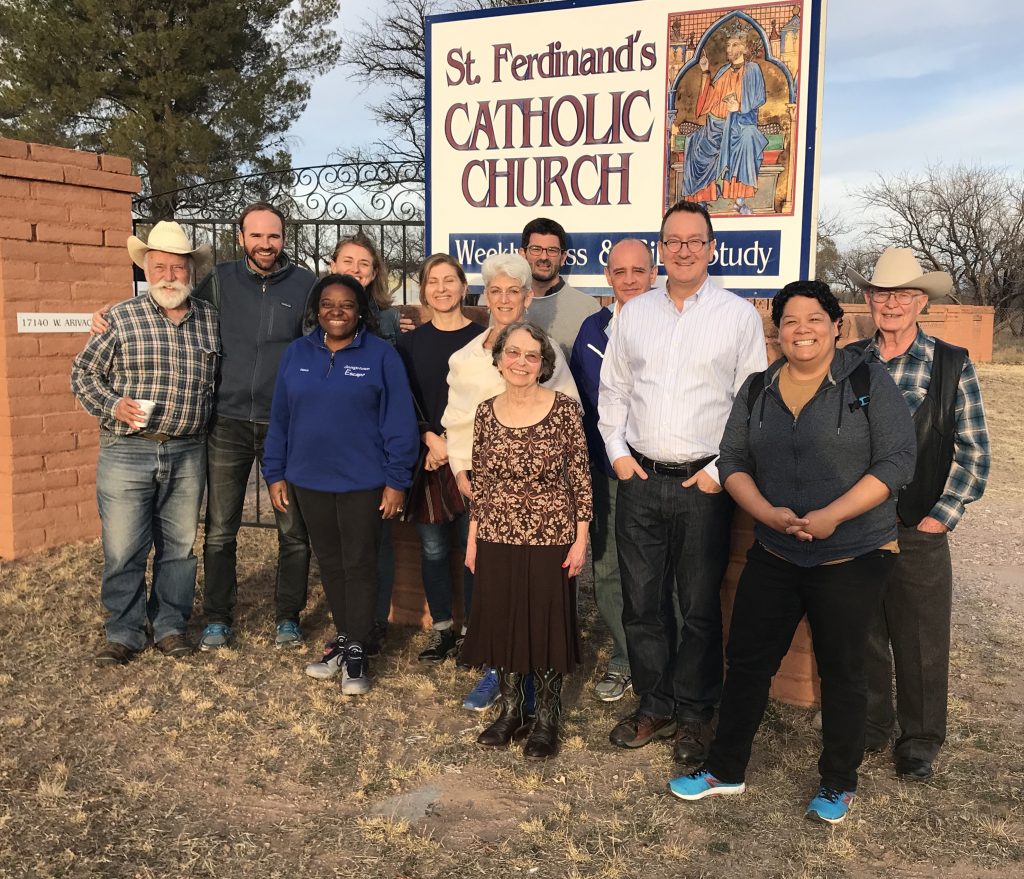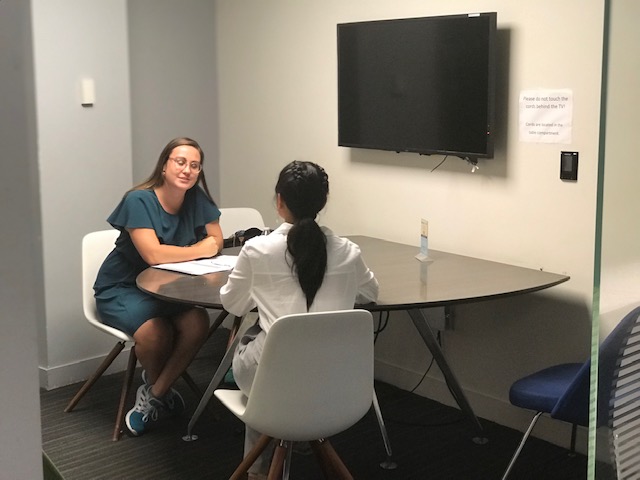
The Summer College Immersion Program (SCIP) at the School of Continuing Studies stands out for the depth of its commitment to our mission as a Jesuit institution. SCIP is a three-week college prep program for rising high school seniors from the Cristo Rey Network, KIPP Foundation, and other similarly aligned high schools across the country that provide college and career preparation for students from underserved communities. Each year, an average of 45 high-performing rising seniors arrive at Georgetown for three weeks of intensive classroom learning, community building with peers from the across the country, and hands-on site visits and engagements in Washington, D.C. The program is a fast-paced introduction to the college experience, shaping how high-school seniors will approach their application and eventual matriculation to some of the most selective colleges and universities in the country, including Georgetown. Of the more than 400 students who have completed the program, almost 10 percent have matriculated to Georgetown; close to 100% have gone on to attend four-year colleges and universities.
The talented Summer and Special Programs team at SCS runs SCIP, providing comprehensive advising and student support while the students are on campus. They work with dedicated faculty and staff partners throughout the University to provide an immersive experience. In an effort to incorporate the larger SCS community into the work of this impactful program, the Summer team invites staff and faculty to serve as mock interviewers so that students can practice their skills in simulated college admissions interviews. This year, ten staff and faculty members from SCS volunteered to serve in this role, generously giving their time and professional experience to help these aspiring college students. This signature annual event is an inspiring example of Georgetown honoring a commitment to being People for Others, a core Jesuit value arising from the Spirit of Georgetown.
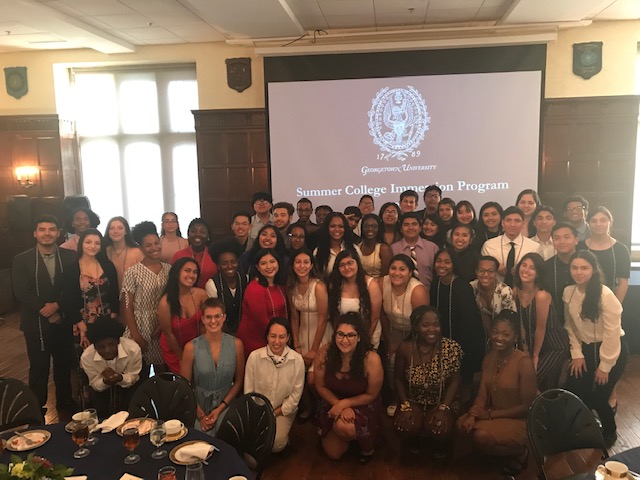
In addition to providing a rewarding opportunity to share their gifts with talented rising seniors, the mock interviews encouraged SCS staff and faculty to reflect more deeply on their own relationship with our Jesuit mission and values. Heather Zitlau, Assistant Teaching Professor in the English Language Center at SCS, who volunteered at the event, echoes the reciprocal joys of mutual partnership that occur in this kind of service opportunity:
“People enter into volunteer experiences expecting to give and to serve, of course—but I think that afterward, we often realize that we have received at least as much as we have given. My experience interviewing SCIP students was no exception; I signed up because I wholly support Georgetown’s commitment to diversity and service to others, and I wanted to support these deserving students. I trust that I did indeed help them through the mock interview experience – but they helped me, too. I arrived on the Hilltop drained after a full day of workshop facilitation and planning; I came away from the interviews inspired and encouraged by the energy and the hope exhibited by these bright, motivated, hardworking students.“
– Heather Zitlau, Assistant Teaching Professor, English Language Center
At the heart of the Summer College Immersion Program is a recognition that too many students and their families across the country cannot access the transformative power of a college education. Providing such access, while empowering students from low-income communities to see themselves as belonging at a selective university like Georgetown, demonstrates a faith that does justice, another foundational Jesuit principle in the Spirit of Georgetown. Esteban Olivares, SCS Assistant Dean for High School Programs, reinforced this idea during SCIP’s concluding banquet in Copley Lounge, when he said: “We serve students from underrepresented communities and remind them that when accepted to a university it is not an act of charity but a seat that should be claimed because it has been earned.”
For more information about SCIP and how you can support this mission-driven program at SCS, please check out the website here.




